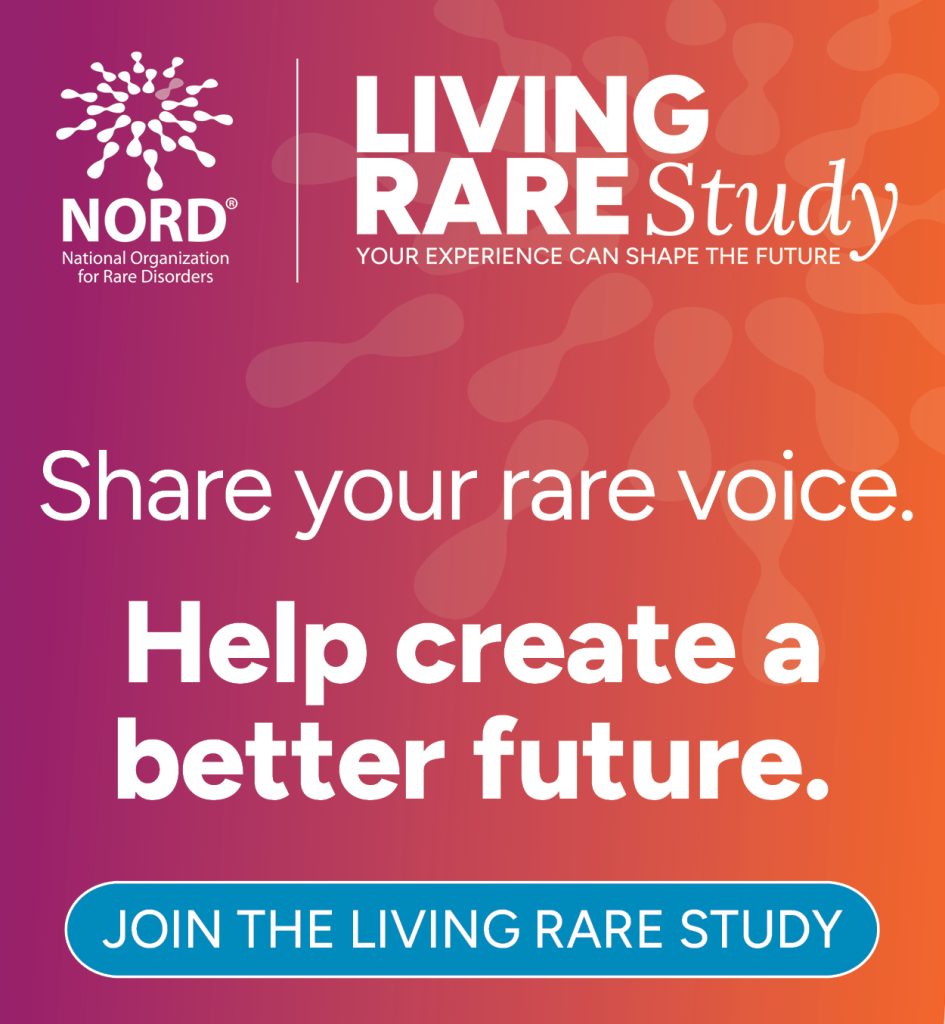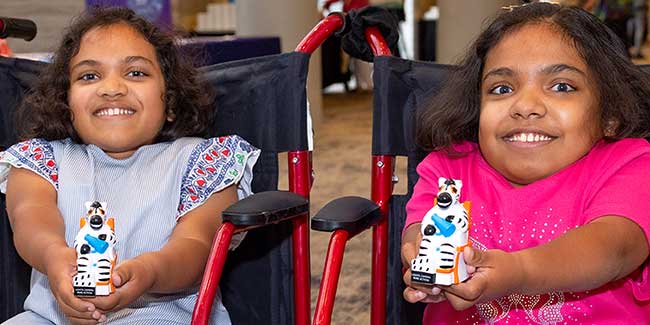The National Organization for Rare Disorders (NORD®), in partnership with PlatformQ Health, the Hemophilia Federation of America and the National Hemophilia Foundation, is pleased to announce the publication of an outcomes-evaluation abstract in conjunction with the 62nd American Society of Hematology (ASH) Annual Meeting. Assessing Patient and Provider Perspectives, Clinical Practice, Behaviors, and Knowledge on Hemophilia A Care is published in the November supplemental issue of the ASH publication, Blood. Additionally, the abstract will be available in the ASH and Blood abstract archives.
The American Society of Hematology is the world’s largest professional society serving both clinicians and scientists around the world who are working to conquer blood diseases. For over six decades, the annual ASH meeting has served to disseminate research and education in hematology. NORD is honored to have our joint medical education intervention research and findings published in Blood, the most cited peer-reviewed publication in the field of hematology.
The landscape for hemophilia A treatments is evolving rapidly. With multiple therapies being developed, clinicians may find it challenging to remain up to date on new treatments or may lack confidence in prescribing optimal treatment regimens. At the same time, patients with hemophilia A and their families report becoming overwhelmed by the complexity of the disease, often struggling to stay informed about treatment options and best practices for home care.
To respond to the needs of health care providers, patients and caregivers, NORD partnered with the Hemophilia Federation of America, National Hemophilia Foundation, and PlatformQ Health to create web-based education modules on hemophilia A. The education consists of a one-hour Continuing Medical Education (CME) activity for health providers and a one-hour educational activity for patients, caregivers and family members.
Following the CME, 84% of clinicians anticipated that the education would positively impact their clinical outcomes, and 80% anticipated changes in practice behavior. Among patients and caregivers who participated in the education, improvements were shown in confidence in communicating with health providers and ability to manage their own care or that of the person they care for.
As a result of the educational activities, abstract authors concluded that combining CME and patient education can yield improvements in clinical practice behaviors, patient healthcare communication, skills and confidence, and treatment knowledge of hemophilia A. Aligning targeted education for HCPs, patients and caregivers can improve the ability to provide evidence-based treatment for patients.
Read more about the results of these educational initiatives in the online abstract.




